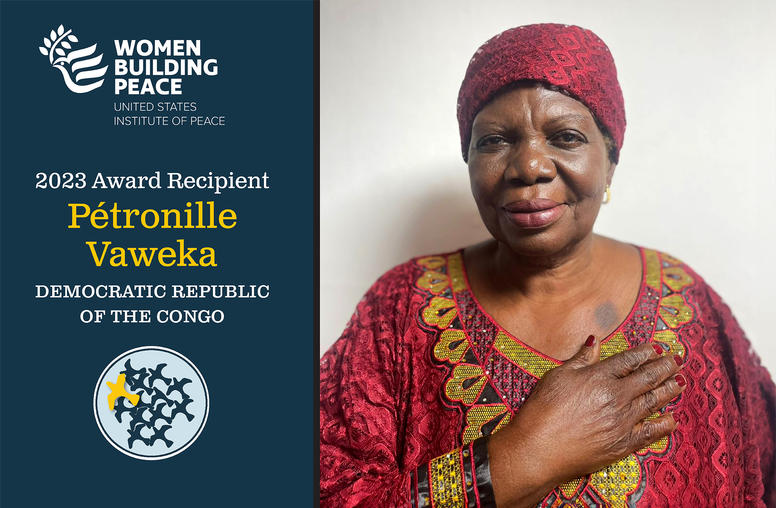National Defense Panel Releases Assessment of 2014 Quadrennial Defense Review
Report Addresses U.S. National Security, Sequestration, Force Structure
For Immediate Release: July 31, 2014
Contact: Allison Sturma
202-429-4725 – Direct
202-415- 4935 – Mobile
(Washington) – The National Defense Panel delivered its review of the Department of Defense 2014 Quadrennial Defense Review (QDR) to Congress today. The Congressionally mandated report, “Ensuring a Strong Defense for the Future,” was written at the request of the Department of Defense. The executive director of the project was Colonel (Ret.). Paul Hughes, a senior advisor at the United States Institute of Peace and was written in partnership with LMI, a non-profit government consulting firm. COL. Hughes also led the 2010 review of the QDR.
The consensus conclusion of the report is that there is a growing gap between the strategic objectives the U.S. military is expected to achieve and the resources required to do so. In their cover letter to Congress, NDP co-chairs Dr. William Perry and General John P. Abizaid wrote, “We must act now to address our challenges if the nation is to continue benefiting from its national security posture.”
“USIP is an honest, non-partisan convener of sometimes difficult conversations related to America’s security,” said Kristin Lord, acting president of USIP. “The NDP is the most recent in a long list of practical discussions involving senior leaders hosted, and led, by the Institute.” USIP has also facilitated the work of the Congressional Commission on the Strategic Posture of the United States, the Task Force on the United Nations, the Iraq Study Group, the Afghanistan Senior Working Group, the Genocide Prevention Task Force, and others.
The NDP is comprised of 10 members appointed by the House and Senate Armed Services Committees. Dr. Perry and General Abizaid were appointed to co-chair the 2014 Panel by Secretary of Defense Chuck Hagel. The report examined how the QDR presented U.S. interests and objectives; the strategic and operational environment; U.S. strategy, budget and reforms; and the readiness, capabilities and force structure of the armed services.
The other National Defense Panel members are:
- General James Cartwright (Ret.)
- Ambassador Eric Edelman
- Former Undersecretary of Defense Michele Flournoy
- Lieutenant General Frank Kearney (Ret.)
- Lieutenant General Michael Maples (Ret.)
- Former Congressman Jim Marshall
- General Gregory Martin (Ret.)
- Former Senator James Talent
###
“Ensuring a Strong U.S. Defense for the Future: The National Defense Panel Review of the Quadrennial Defense Review” represents the consensus views of the Panel members and does not necessarily reflect the view of the U.S. Institute of Peace, which does not take policy positions.
The United States Institute of Peace is a Congressionally-created, independent, nonpartisan institution whose mission is to prevent, mitigate, and resolve violent conflicts around the world. USIP does this by engaging directly in conflict zones and providing analysis, education, and resources to those working for peace. To learn more about visit www.usip.org and follow USIP on Twitter @USIP.

